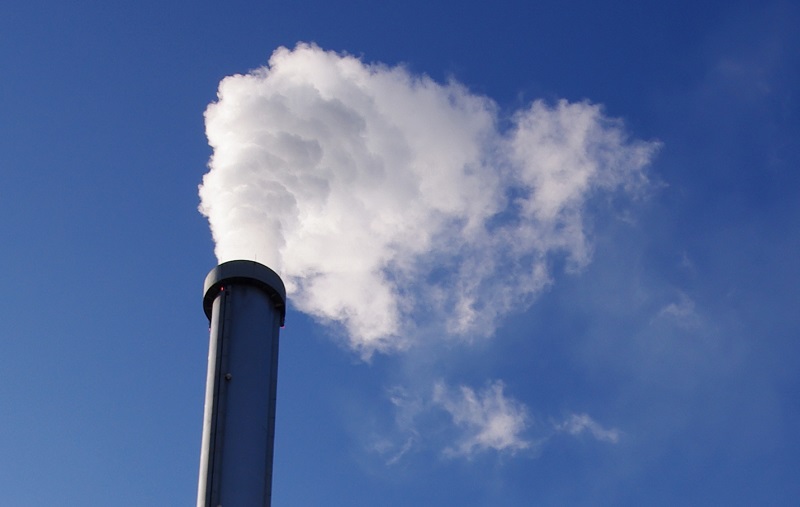An official study on the health impacts of emissions from energy from waste facilities has ended with the findings that there is no link between the opening of EfW plants and a heightened risk of infant mortality or other birth defects.
The study, which was funded by Public Health England, was carried out by Imperial College London’s Small Area Health Statistics Unit (SAHSU) and addressed the question of any health impacts of emissions from EfW in new-born children.

A study on birth risks associated with EfW facilities has included that there is no heightened risk to expectant mothers living near facilities
Published this week, the findings of the study follow on from earlier work looking at the concentration of emissions arising from 22 municipal waste incinerators (MWIs) in Great Britain (see letsrecycle.com story).
It is the final part of a wider series of studies which has investigated the health risk of those living close to energy from waste plants.
Congenital anomalies
The latest study looked at the risk of congenital anomalies in babies born to mothers living within 10km of one of 10 energy from waste plants in England and Scotland operating between 2003 and 2010.
Facilities at Chineham, Dundee, Eascroft, Isle of Wight, Marchwood, Grimsby, Porthmellon, Portsmouth, Sheffield and Stockton-on-Tees were used in the research. Data on a total of 219,486 births was examined as part of the study.
The study concluded that there was no increased risk of congenital anomalies “in relation to mean modelled PM10 concentrations from MWIs in England and Scotland,” although researchers did caution that there may be other factors to take into account, for which data is not available.
“The results of the study show no evidence for increased risk of a range of birth outcomes, including birth weight, preterm delivery and infant mortality, in relation to either MWI emissions or living near an MWI operating to the current EU waste incinerator regulations in Great Britain,” SAHSU said.
It also supports the conclusions of a similar study, published late last year looking at birthweight, stillbirth, neonatal, post-neonatal and infant mortality in areas around 22 EfW facilities (see letsrecycle.com story).
‘Safe and clean’
“The results of the study show no evidence for increased risk of a range of birth outcomes, including birth weight, preterm delivery and infant mortality, in relation to either MWI emissions or living near an MWI operating to the current EU waste incinerator regulations in Great Britain.”
SAHSU
Findings of the study have been welcomed by the waste industry trade body the Environmental Services Association (ESA), which said that it reinforced its own conclusion that EfW plants are a ‘safe and clean way’ of dealing with non-recyclable waste.
ESA’s Executive Director, Jacob Hayler said: “The paper reinforces Public Health England’s position, which remains that modern, well run and regulated municipal waste incinerators do not pose a significant risk to public health, and this should reassure anyone living near an EfW plant.
“We would however welcome further research into some health aspects raised by the report. As recognised by the researchers, other sources of pollution—as well as socio-economic dynamics—may be at play, and we would like to see further work on this subject so that we can reassure everyone that—as per the wealth of existing evidence—EfWs are a safe and clean way of dealing with non-recyclable waste whilst also generating sustainable heat and power for homes and businesses.”
Related links
The latest report can be viewed HERE.
The post EfW study ‘finds no link’ to birth defects appeared first on letsrecycle.com.
Source: letsrecycle.com Waste Managment



